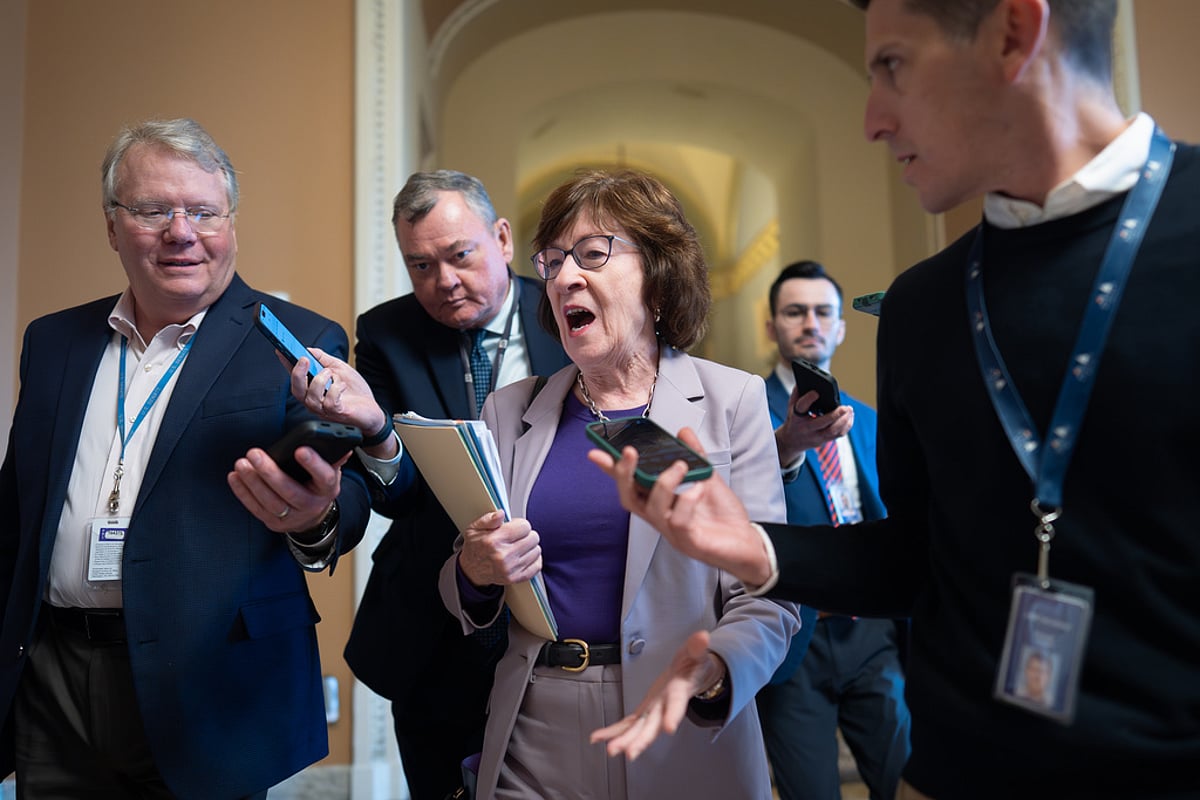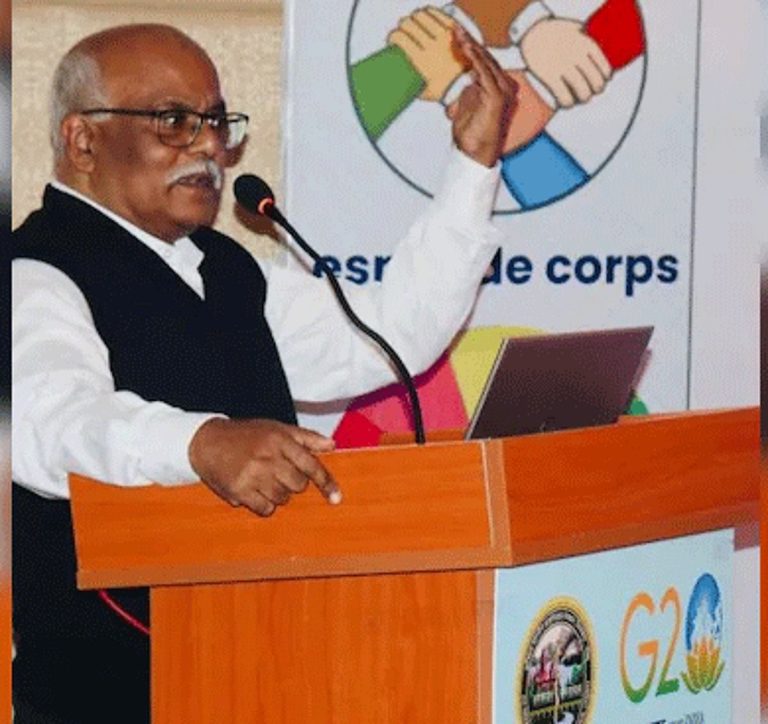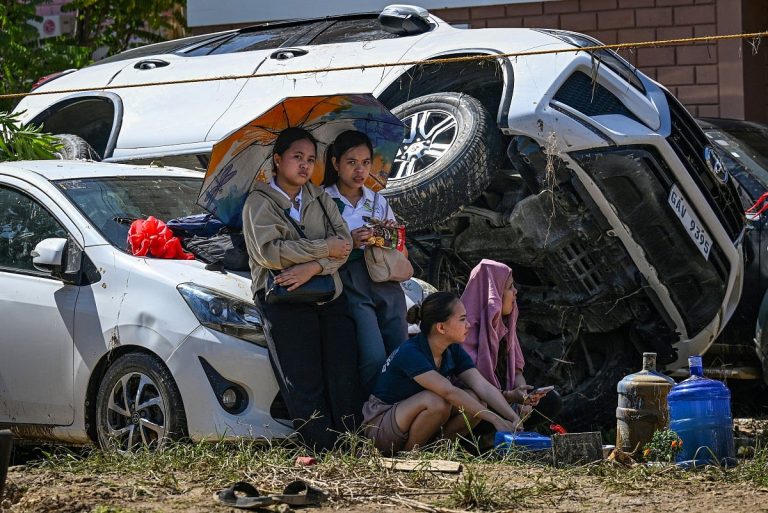Bipartisan Bill Advances to End Government Shutdown
A bipartisan legislative effort to resolve the ongoing government shutdown is gaining traction, with some Senate Democrats collaborating with Republicans to address the disruption affecting federal programs and services. This shutdown, now the longest in U.S. history, has raised concerns about its impact on millions of Americans relying on government assistance.
Overview of the Legislative Package
The proposed legislation aims to provide funding to reopen the government, including crucial support for programs like the Supplemental Nutrition Assistance Program (SNAP) and backpay for furloughed federal workers. However, the deal has drawn criticism from various senators, leaving many dissatisfied with its contents.
Key Provisions of the Deal
The bipartisan package includes several significant components:
– **Funding for Federal Operations**: The legislation ensures continued funding for much of the federal government until January 30, 2026, primarily maintaining current operational levels. – **Full-Year Appropriations**: In a notable development, the package incorporates bills that fully fund agricultural programs, military construction, and veterans’ affairs for the entire fiscal year. – **Support for State Programs**: States will be reimbursed for expenses incurred to maintain SNAP and the Women, Infants, and Children (WIC) program during the shutdown.
Senator Susan Collins, a Republican from Maine and chair of the Appropriations Committee, expressed relief over the progress, emphasizing the importance of timely funding, especially with Veterans Day approaching.
Health Care Funding Controversy
Despite the positive aspects of the deal, a significant point of contention remains the lack of resolution regarding health care subsidies. Democrats had pushed for an extension of these subsidies, which are vital for approximately 24 million Americans who purchase insurance through the Affordable Care Act. Instead, the package defers the vote on this issue until December, a move that has not satisfied many in the Democratic caucus.
Senator Elizabeth Warren criticized the compromise, stating, “The American people want us to stand and fight for health care.” This sentiment reflects a broader frustration among Democrats who feel that critical health care issues are being sidelined.
Challenges Ahead in Congress
As the Senate prepares to vote on the package, political and procedural hurdles remain. The shutdown entered its 41st day, and senators are eager to expedite the voting process. However, dissenting voices within the Republican Party, including Senator Rand Paul, have raised concerns over specific provisions, potentially complicating the path forward.
Democrats may also seek to delay the final passage of the bill, particularly in light of their demands for health care funding. The situation is further complicated by the upcoming vote in the House, where Speaker Mike Johnson will need to secure support from a slim Republican majority, potentially facing opposition from Democrats.
The House’s Role in the Process
Once the Senate passes the bill, it will move to the House of Representatives. House Democratic Leader Hakeem Jeffries has already indicated that the party will oppose the legislation unless it includes provisions for extending the Affordable Care Act tax credits. This stance suggests that the bill may face significant challenges in the House, requiring Republicans to rally support without substantial Democratic backing.
FAQs
What is the current status of the government shutdown?
The government shutdown has reached its 41st day, with a bipartisan legislative package in the Senate aimed at providing funding to reopen the government.
What are the main components of the proposed legislation?
The legislation includes funding to maintain federal operations, full-year appropriations for certain programs, and reimbursement for states supporting SNAP and WIC during the shutdown.
Why are Democrats dissatisfied with the deal?
Democrats are unhappy because the deal does not address the extension of health care subsidies, a critical issue for many Americans relying on the Affordable Care Act, and the vote on this matter has been postponed until December.
Conclusion
The bipartisan effort to end the government shutdown is progressing, but significant challenges remain, particularly regarding health care funding and political dissent. As the legislation moves to the House, the outcome will depend on the ability of lawmakers to navigate these hurdles and secure the necessary support for a resolution.
Also Read:
Bipartisan Deal Reached to End Government Shutdown







